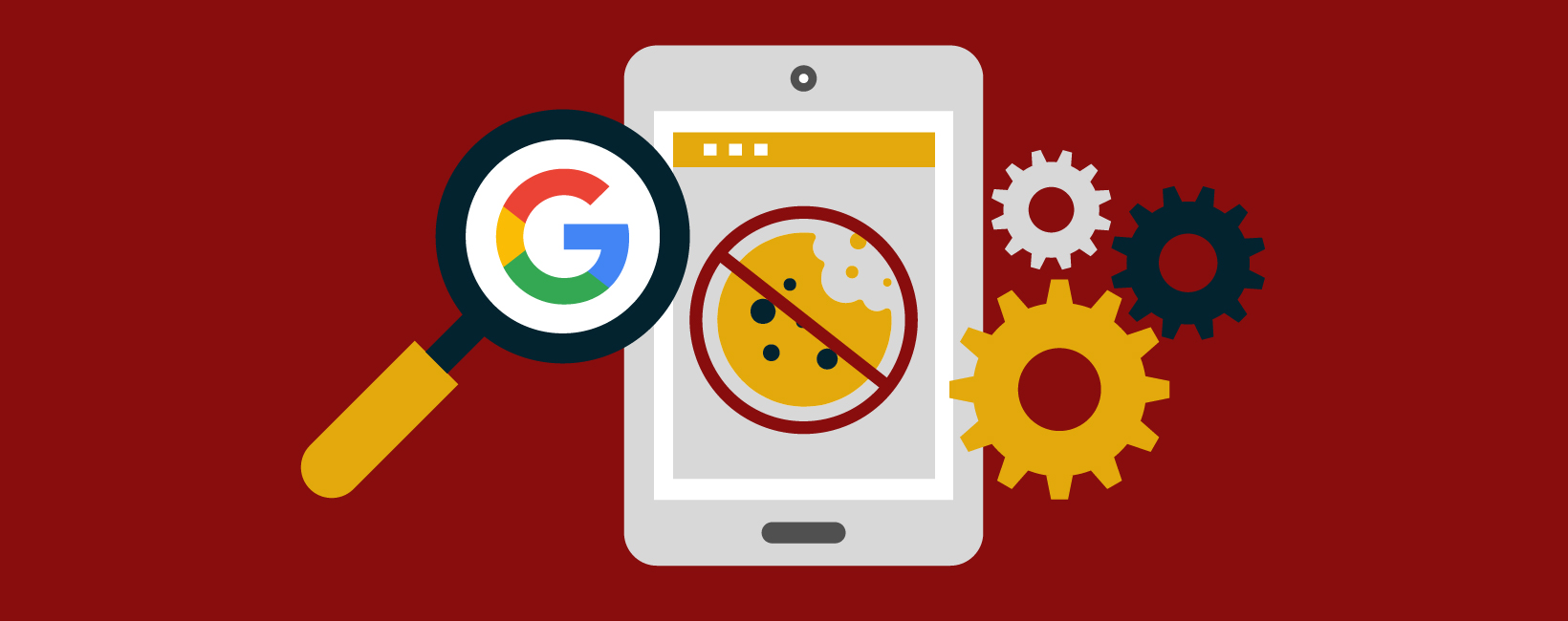 Mar 29, 2021
Persona
Mar 29, 2021
Persona
In recent weeks, Google announced they will soon stop collecting third-party cookies, which represents a significant change in the way online advertisers can target audiences, deliver ads, and track performance. Starting now, but with a complete rollout planned by 2022, this is yet another move toward increased consumer privacy protection in the ad tech space. In a similar spirit, Apple also recently launched privacy measures with iOS 14 to stop tracking individualized identifiers (IDFAs) and will require all apps to ask for explicit permission to track user behavior on apps, including popular platforms such as Facebook and Instagram.
The impacts of the end of Google’s third-party cookies
As for Google’s imminent change, this new cookie-less world will undoubtedly have several areas of impact to digital marketing campaigns. But most significantly, it will affect a marketer’s ability to create audiences as we have become accustomed to while limiting full attribution ad performance measurement.
Audience creation
Marketers have traditionally relied on third-party cookies to help build, target, and retarget audiences. Once third-party cookies are phased out, Google does not plan to build alternate identifiers to track individuals as they browse across the web. What does this mean? Individual consumer profiles will no longer be created, and therefore advertisers will no longer be able to target individual people based on their engagement and behaviors exhibited online. This means both behavioral targeting capabilities as well as Retargeting will be changed dramatically. However, Google has promised that in this new era, reaching intended audiences will still be possible but through safer, privacy-conscientious methods called TURTLEDOVE and FLoC (Federated Learning of Cohorts).
TURTLEDOVE will allow marketers to do Retargeting in a privacy-first manner by grouping users into “cohorts” of hundreds or thousands of users, so no single user can ever be individually identified. Similarly, FLoC also takes a cohort approach and creates a look-alike audience (thereby protecting individuals) and uses algorithms to process web browsing behavior in aggregate. FLoC will allow marketers to target and retarget clusters of people with similar interests while protecting individual privacy. Google claims that advertisers can get nearly the same return on investment from FLoC as they would through cookie-based tracking. While these impending changes have many marketers scrambling for solutions, the reality is advertisers may need to rely on different methods in order to reach their desired audiences, such as targeting by location or IP address.
Reporting
The transition from third-party cookies to cohort-based targeting will also affect what advertisers can measure. Currently, third-party cookies allow advertisers to measure holistic attribution, which allows for a complete view of what goes into a conversion across integrated channels. By absolving cookies, this multichannel attribution measurement will be limited. To support good measurement of ad performance, Google is proposing a few new standards, including the Aggregated Reporting API and the Conversion Measurement API. The Aggregated Reporting API gives advertisers the ability to measure how many users saw a specific ad campaign at an aggregate level, while the Conversion Measurement API proposes a new way to measure ad click conversions.
What marketers can expect and how to prepare
- First-party data is king. The importance of collecting and building your own data will continue to grow in importance and give you your best options for advertising.
- Multitouch attribution will morph into blended or siloed views, used in a more limited way.
- Contextual targeting—displaying ads based on a website’s content—will continue to reach prospects at key moments of research and interest.
- Options for IP Targeting will still exist (for now) and may play a more important role in addition to the development of IP Retargeting as a way to stay in front of individual visitors.
With the consumer privacy landscape tightening, this will be an area for all advertisers to watch closely as the playing field is leveled. One thing is certain: while it won’t be easier for marketers to target individuals, it will still be possible to reach the right audiences. As with everything in the past year, this will be our new normal, and we will adjust.
Let Carnegie help with your digital strategy in a cookie-less world
As Google phases out third-party cookies, higher education marketers will face a new challenge. Do you need assistance running your college’s digital campaigns? Carnegie is here to help. Contact us today to learn more!
Want to hear more from Alexa Poulin? You can follow her on Twitter @adpoulin, and if you haven’t already, you can subscribe to our blog.
